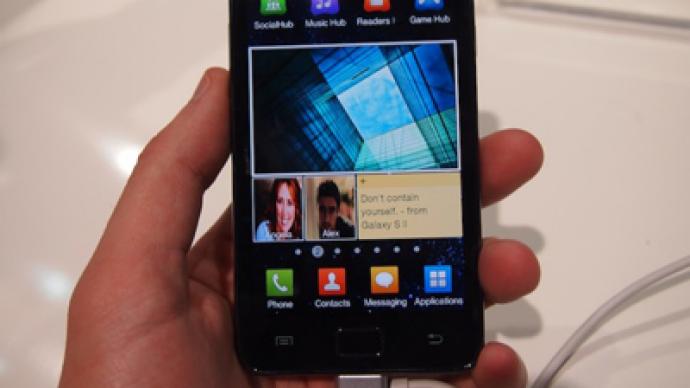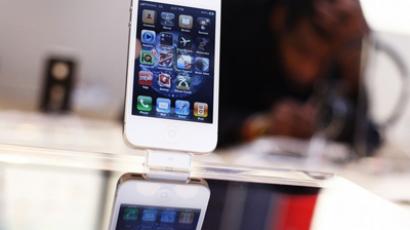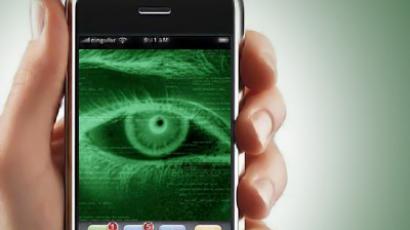Smartphone users give total access to spying apps

Every time you use your smartphone app your personal information – emails, phone numbers and even photos – is sent off to dozens of Internet companies all over the world. And you are the one who is allowing them access.
Most users are aware that Internet companies like to collect information on their clients so that they can target their adverts better. But the sheer extent of their spying is shocking. And it’s all buried in the small print of the license agreement few bother to read. Often the information collected has nothing to do with function of the application.Despite being a social network, Facebook reads your text messages, while photo application Flickr raids your contact book. In turn, video portal Youtube can access and download all of the users’ photographs.While it is bigger companies that get flak for the privacy policies, at least they are usually careful not to lose or sell their users’ private information. For less reputable outfits, this may not be a concern.Chris Brauer, co-director of the Centre for Creative and Social Technology at Goldsmiths, University of London, told the Sunday Times many apps are mere “fronts” for data mining companies. Their main source of profit is selling personal information to advertisers.Once the information passes down the chain, it is almost impossible to trace who will end up with it leaving smartphone owners open to anything from unsolicited advertising to identity theft.While iPhone maker Apple at least tries to bind its application programmers with a common license agreement, according to Nick Pickles, director of privacy and civil liberties campaign group Big Brother Watch, Android phone owners leave themselves in the greatest danger.“Google’s name lends credibility to the Android market place, when in reality it is an unregulated Wild West with hugely intrusive applications being touted as innocent games,” he says.Pickles points out that customer protection regulation lags years behind in a market that changes beyond recognition from year to year.But even the most stringent regulation will not save users who voluntarily sign up to give away their most private data.














